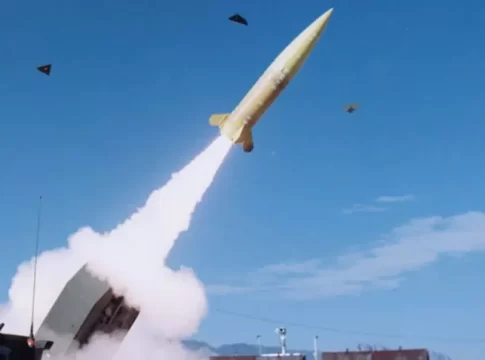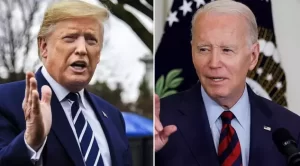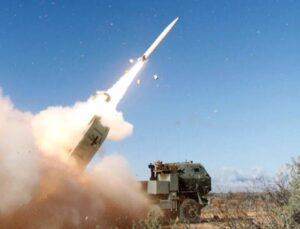In a significant shift in U.S. foreign policy, President Joe Biden has reportedly given Ukraine the green light to employ U.S.-supplied long-range missiles for strikes deeper within Russian territory. According to insiders familiar with the decision, this move comes amid intensifying tensions spurred by Russia’s integration of North Korean troops into its military operations in Ukraine.
The deployment of the Army Tactical Missile System (ATACMs) to Ukraine signals a potential escalation in the conflict, raising critical questions about the strategic intent behind Biden’s decision. Ukrainian President Volodymyr Zelenskyy, choosing his words carefully, remarked, “Strikes are not made with words… The missiles will speak for themselves,” indicating a strategic, yet reserved response.
This development coincides with the recent victory of Donald Trump in the U.S. presidential election, whose campaign promises of a rapid resolution to the Ukraine-Russia conflict have left Kyiv and its allies questioning the future of American military support. Trump’s critiques of Biden’s financial aid to Ukraine only add layers of uncertainty to the evolving geopolitical landscape.
Dr. Alexei Voloskyi, a noted Ukrainian analyst, points out the urgent need for NATO membership for Ukraine, asserting that it is essential for safeguarding the nation’s geopolitical future. Contrastingly, Maria Zakharova, spokeswoman for the Russian Foreign Ministry, dismissed Zelenskyy’s “Victory Plan” as a “set of incoherent slogans,” underscoring Moscow’s skepticism of Ukraine’s strategies.
The authorization for Ukraine to strike within Russia with Western-provided missiles has sparked fears of potential escalation. Russian lawmaker Maria Butina warned that such actions could spark World War III, emphasizing the high global stakes involved. President Vladimir Putin also cautioned that Western support for Ukraine’s missile strikes would mark a direct involvement of NATO, a boundary Moscow is unwilling to tolerate.
Amidst the escalating tensions, Zelenskyy’s “Victory Plan,” which prioritizes NATO membership and bolstered defense capabilities, remains a cornerstone of Ukraine’s defense strategy. Yet, without unwavering Western backing, Ukraine faces the risk of entering negotiations under unfavorable conditions, especially with Trump’s unpredictable potential foreign policy approaches on the horizon.
As the global community watches, the key question remains: is Biden’s decision a calculated measure to strengthen Ukraine’s position for future diplomatic negotiations, or does it risk igniting a broader conflict? The international arena stands at a strategic crossroads, with the actions of the U.S., NATO, and Russia poised to shape the outcome of this unfolding crisis.




